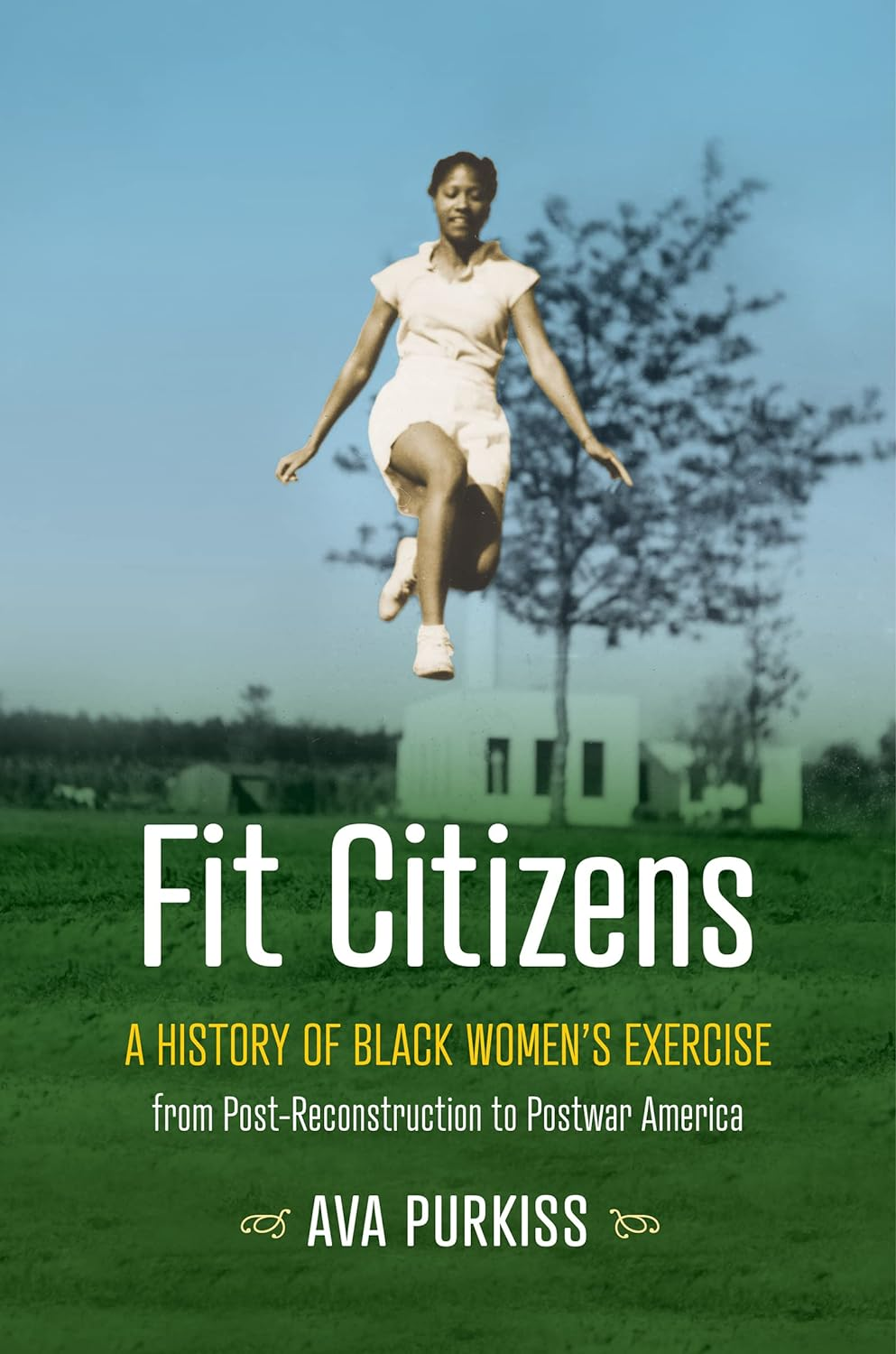As some white Americans advocated racist eugenic logic, African American women used exercise to achieve overlapping corporal and civic goals. Physical culture tightened the relationship between physical fitness, gendered discourses of citizenship, and notions of racial advancement. Aspiring-class African American women in particular perceived a natural connection between physical culture and prevailing ideas of racial progress. The Progressive Era proved ripe for this relationship. The simultaneous development of racial uplift campaigns and the physical culture movement allowed for the marriage of physical fitness and Black advancement. Well-known African American “race men” and “race women,” including W.E.B. Du Bois, Mary McLeod Bethune, Nannie Helen Burroughs, and Booker T. Washington, all advocated some form of physical culture for Black people.
For these Black reformers and others, striving for physical fitness became just as important as striving for other forms of fitness (such as intellectual, moral, or civic fitness). Racial uplift advocates believed they could not morally elevate the race without physically strengthening the Black female population through exercise. Thinking critically about the intersection of race, gender, and self-presentation in the early twentieth century, Black women utilized exercise to present themselves as “fit” during the age of physical culture and racial uplift. From their perspective, moral fitness coincided with physical fitness, and both proved essential for racial and civic uplift.
The history of Black women’s exercise began with race women arguing for the health and physical development of Black girls and women in the late nineteenth century. Educator Olivia Davidson, for example, became an important advocate of young Black women’s bodily care in the 1880s. She attended Hampton Institute, married Booker T. Washington, and served as vice principal of Tuskegee Institute—a résumé that granted her significant influence in Black female circles. But Davidson did not rest on her laurels. A close look at her personal life and pedagogical values uncovers the ways in which she struggled for Black women and girls’ wellness, including her own.
